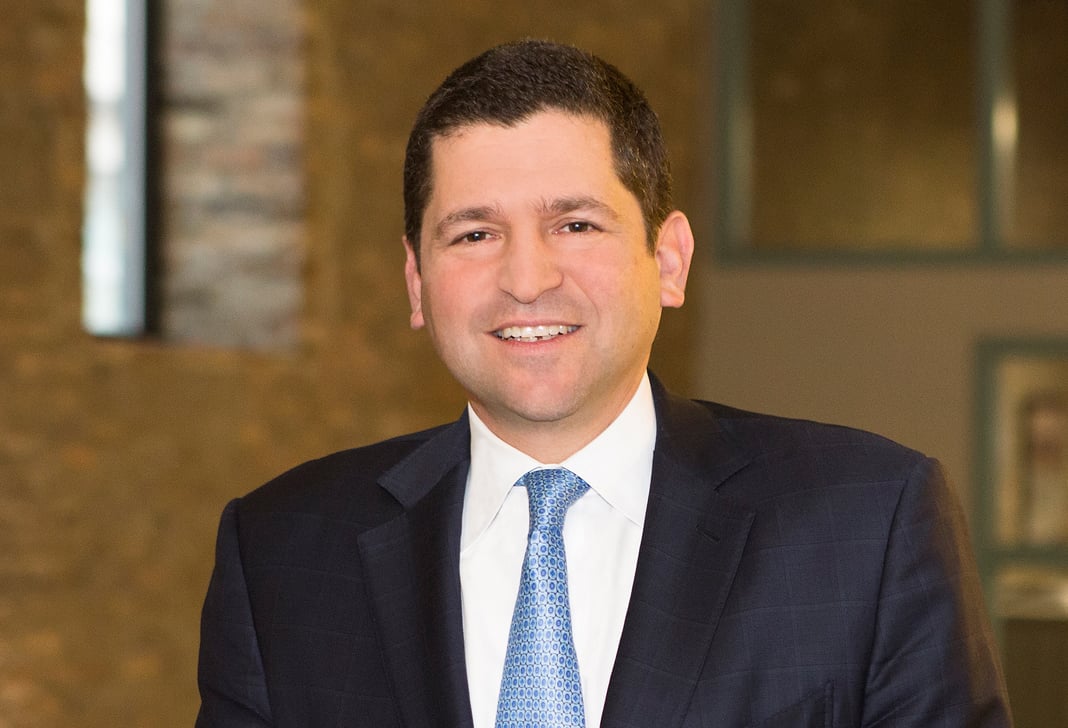
The EEOC Proposes to Collect Pay Data from Employers on EEO-1s
On February 1, 2016, the U.S. Equal Employment Opportunity Commission ("EEOC") published in the Federal Register proposed changes to the Employer Information Report ("EEO-1") that would require private employers and federal contractors with 100 or more employees to report employee compensation starting in September 2017.[1]
Currently, the EEO-1 requires certain employers to report the number of workers they employ by job category and then by race/ethnicity and gender. There are seven race and ethnicity groups, and ten EEO-1 job categories which range from service workers and laborers up through the C-suite, including executives and senior level officials and managers.[2]
Under the EEOC’s proposed changes, employers subject to the EEO-1 filing rule would be required to also report pay data in the form of employees’ W-2 earnings for a 12-month period. Pay data would be divided into twelve "pay bands" within each job category. These bands track the "wage intervals" currently used by the Bureau of Labor Statistics in its Occupational Employment Statistics survey. Employers would thus report the number of employees who fall into each job category divided further by pay band (e.g., $19,239 and under; $19,240-$24,439; $24,440-$30,679, etc.), race/ethnicity, and gender.[3] Employers would also report the total number of hours worked by the employees in each job category/pay band cell.
The EEOC plans to publish aggregate data received from the EEO-1 reports, and says that it will use the information to focus agency investigations to identify pay disparities and assess complaints of discrimination. The EEOC also plans, together with the OFCCP, to develop a software tool to analyze the "W-2 pay distribution within a single firm or establishment" to compare it with aggregate industry or metropolitan-area data, which will "highlight statistics of interest." The agency is currently accepting public comments on the proposed revisions through April 1, 2016.
Employers will need to consider a number of issues raised by this proposal. If the new EEO-1 is implemented in its proposed form, employers will need to revisit whether their existing processes for matching jobs to EEO-1 job categories appropriately group jobs given how the EEOC intends to use the data generated. Moreover, given the weight that the EEOC says that it plans to attach to this new data and the use to which it may be put, employers will need to re-examine the quality and quantity of resources they devote to the EEO-1 preparation process. What was once a general survey of the employer’s demographic make-up will now be used, according to the EEOC, to "help the EEOC and the . . . DOL improve enforcement of federal pay discrimination laws" and to "identify existing pay disparities that may warrant further examination." In addition, employers will need to consider what they can do to protect the data from disclosure to the public or charging parties by the EEOC and whether to adopt a strategy to protect the data from pubic dissemination through the Freedom of Information Act or in collateral private plaintiff litigation. Finally, employers will need to consider to what extent the EEOC will more actively seek to mine this information, or compare it to industry trends, looking for targets for its systemic program.
Lawyer Contacts
For further information, please contact your principal Firm representative or one of the lawyers listed below. General email messages may be sent using our "Contact Us" form, which can be found at www.jonesday.com.
Fred W. Alvarez
Silicon Valley
+1.650.739.3977
falvarez@jonesday.com
Rick Bergstrom
San Diego
+1.858.314.1118
rjbergstrom@jonesday.com
Terri L. Chase
New York
+1.212.326.8386
tlchase@jonesday.com
Eric S. Dreiband
Washington
+1.202.879.3720
esdreiband@jonesday.com
Michael J. Gray
Chicago
+1.312.269.4096
mjgray@jonesday.com
Brian M. Jorgensen
Dallas
+1.214.969.3741
bmjorgensen@jonesday.com
Matthew W. Lampe
New York
+1.212.326.8338
mwlampe@jonesday.com
Alison B. Marshall
Washington
+1.202.879.7611
abmarshall@jonesday.com
Elizabeth B. McRee
Chicago
+1.312.269.4374
emcree@jonesday.com
Catherine S. Nasser
San Francisco
+1.415.875.5829
cnasser@jonesday.com
Haley A. Wojdowski, an associate in the Washington Office assisted in the preparation of this Alert.
Jones Day publications should not be construed as legal advice on any specific facts or circumstances. The contents are intended for general information purposes only and may not be quoted or referred to in any other publication or proceeding without the prior written consent of the Firm, to be given or withheld at our discretion. To request reprint permission for any of our publications, please use our "Contact Us" form, which can be found on our website at www.jonesday.com. The mailing of this publication is not intended to create, and receipt of it does not constitute, an attorney-client relationship. The views set forth herein are the personal views of the authors and do not necessarily reflect those of the Firm.
--------------------------------------------------------------------------------
[1] The proposed changes in the Federal Register can be found at: https://www.gpo.gov/fdsys/pkg/FR-2016-02-01/pdf/2016-01544.pdf
[2] An example of the current EEO-1 report can be found at: http://www.eeoc.gov/employers/eeo1survey/upload/eeo1-2-2.pdf
[3] An example of the proposed EEO-1 can be found at: http://www.eeoc.gov/employers/eeo1survey/2016_new_survey.cfm







